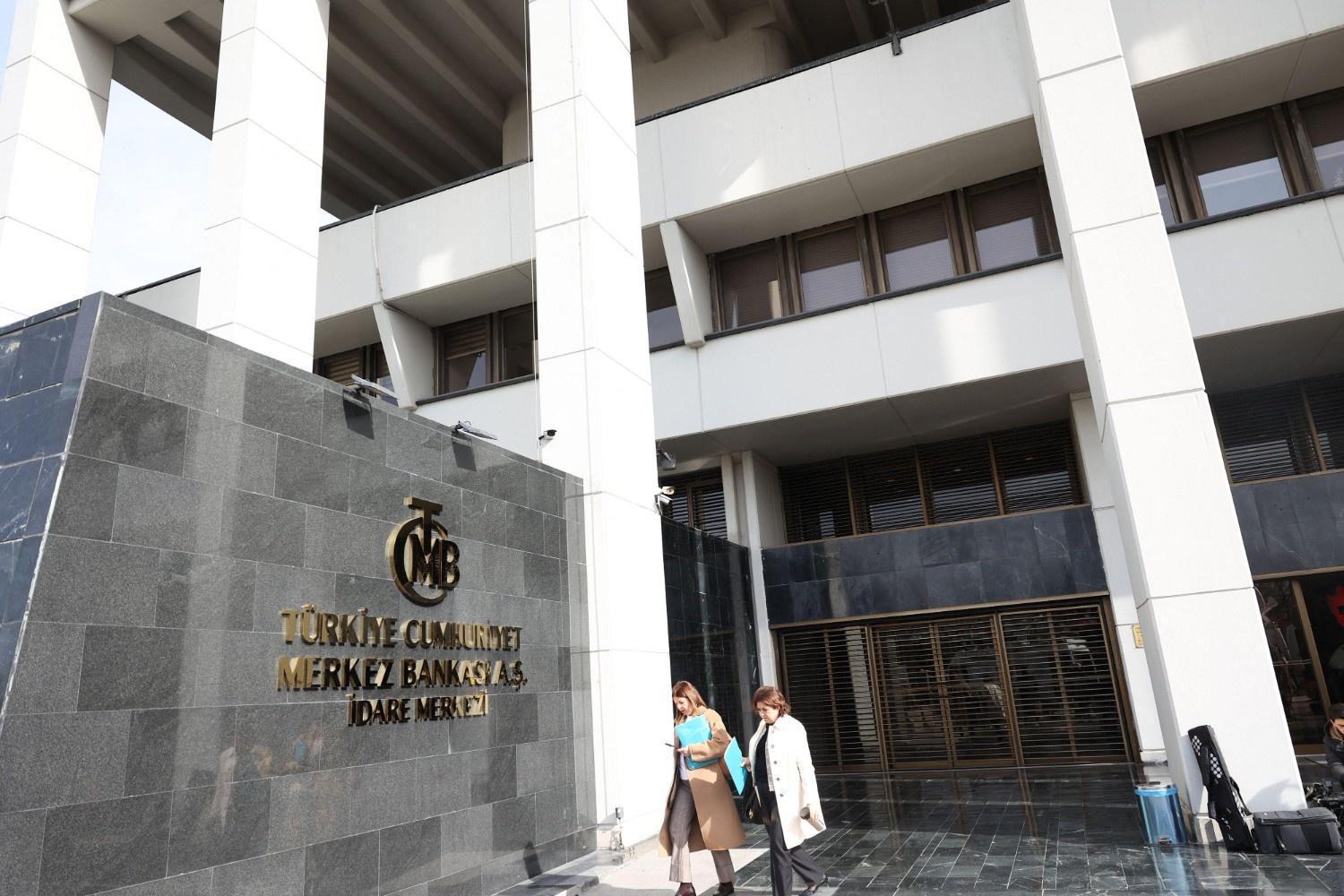Türkiye’s monetary policy ‘bears fruits’: OECD economist
LONDON-Anadolu Agency

Türkiye’s restrictive monetary policy is "bearing fruit" in the country's struggle against inflation, a chief economist at the Organisation for Economic Co-operation and Development (OECD) has remarked, emphasizing the importance of maintaining both monetary and fiscal policies.
Alvaro Pereira said that the annual average inflation is expected to be around 30 percent this year and 18.5 percent next year, citing forecasts from the preliminary OECD Economic Outlook report published on June 2.
“Bringing down inflation has to continue to be a top priority for Türkiye, and we think that the policy is working,” he said.
“It’s important [for] both monetary and fiscal policy to continue in the same way, so that you are able to continue to bring down inflation,” Pereira added.
Pereira noted that it usually "takes a while for things to change in a dramatic way” and that it is “not surprising that [inflation] is sticky,” saying that inflation in service prices is stickier than goods prices.
Right now, the most important thing is that, in terms of fiscal and monetary policies, the way, the movement will have to be in the same direction, independently but together,” he said.
Pereira stated that U.S. tariffs that shook the global economy and trade will not have a major impact on the Turkish economy, but it is important to “find a solution and get some sort of an agreement with the U.S. administration to lower trade barriers between the two countries.”
OECD on June 3 revised its growth forecast for the Turkish economy’s growth outlook downward from 3.1 percent to 2.9 percent for 2025 and from 3.9 percent to 3.3 percent for 2026, as per its latest report.
















